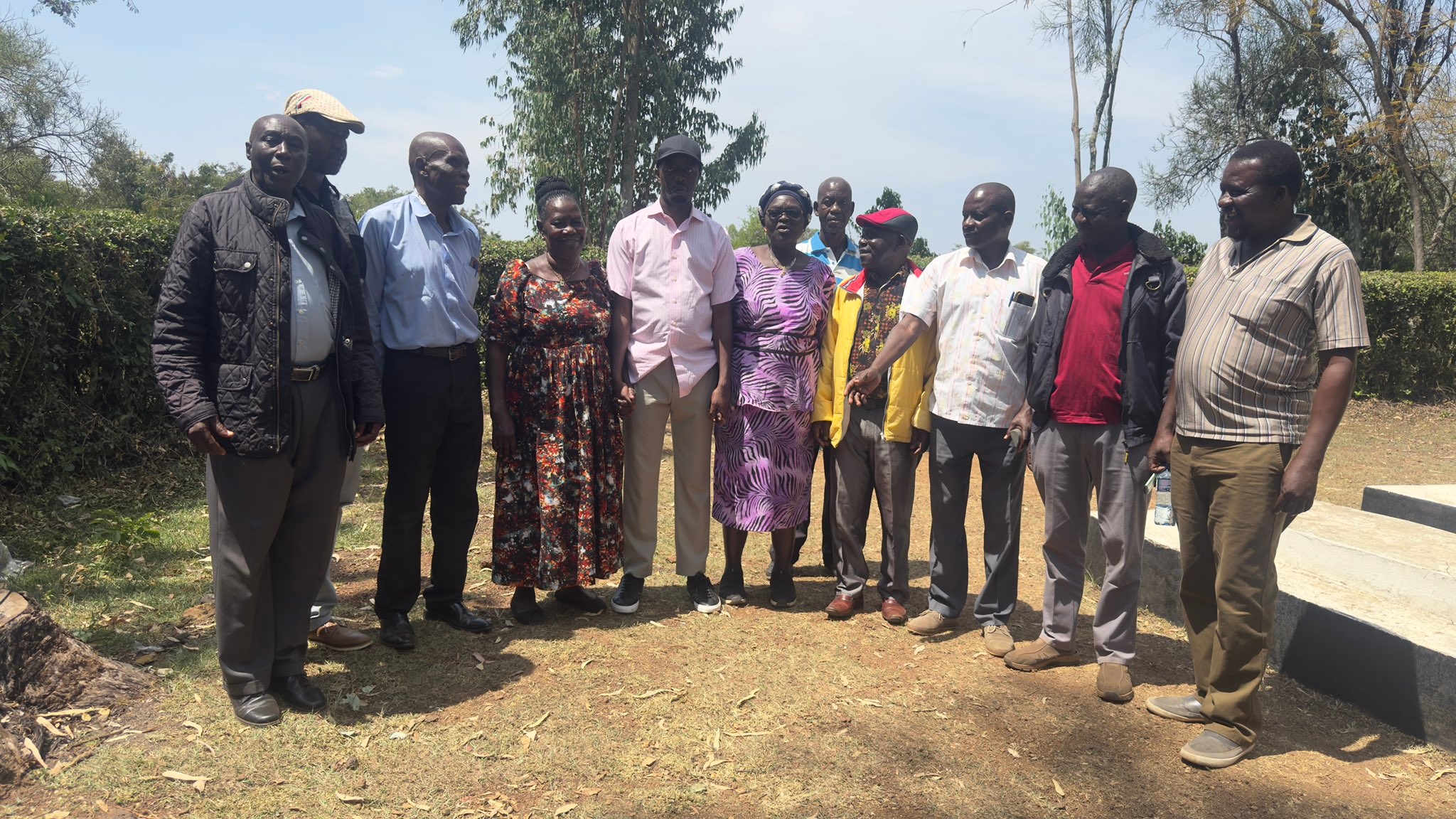A non-governmental organisation has stepped up its effort to combat bilharzia and soil transmitted helminths, which are among the neglected tropical diseases in Kakamega county.
The African Institute for Health and Development says the neglected diseases are killing thousands and must not be ignored.
The World Health Organization lists about 20 neglected tropical diseases in the world.
Kakamega has around six of those neglected diseases, according to the county NTD coordinator Joseph Wanyonyi.
They include bilharzia, intestinal worms, jigger infestation, snake bites and rabies.
Most common intestinal worms in the county are roundworms, hookworms and whipworms.
The campaign to tackle bilharzia and intestinal worms unveiled by AIHD focuses on influencing behaviour change in targeted community areas in response to a survey that was carried out by Amref on the presence of intestinal worms and bilharzia.
Wanyonyi said out of the county’s 60 wards, cases of bilharzia and intestinal worms were present in 22 wards after the survey.
During the survey, Amref collected stool and urine samples for laboratory tests and analysis to determine the spread of the diseases.
“After the survey, results showed Matungu was leading in infection rates with around 17.6 per cent, Mumias East followed by 16 per cent while Navakholo recorded 10 per cent," Wanyonyi said.
"Lubinu Lusheya ward in Mumias East was among the leading with almost 33 per cent of infections.”
The survey led to a mass drug administration conducted by Amref and other partners including the Ministry of Health, the Kakamega county government, AIHD and the End Fund.
Janet Lagat, the neglected tropical diseases coordinator for Mumias East, said after the mass drug administration, another survey was done and it revealed that cases of bilharzia and intestinal worms had drastically reduced.
“What we are currently doing is carrying out health education within the community. We have 56 change agents who include healthcare workers, boda boda representatives, businesswomen, men representatives, religious leaders and those representing the disabled,” she said.
Lagat said health facilities in the subcounty are reporting reduced cases of diarrhoea, signalling the impact of behaviour change campaigns that have led to improved health outcomes.
“Our people are reluctant in health seeking behaviours and it's only when they are sick that you will see them visiting the hospital,” she said.
Lagat said they rarely go to hospital to treat ailments like intestinal worms and that is the reason they are categorised as neglected tropical diseases.
Laboratory technician at Shianda Health Centre Charles Nyangweso said the challenge they face in diagnosing bilharzia is they have few testing centres in the subcounty.
“We have about six facilities testing for bilharzia in Mumias East. The county government should step in to employ more staff and equip the laboratories to conduct testing for these diseases to offer prompt treatment,” he added.
Mumias East NTD coordinator Janet Chepkirui urged the national and county government to provide funding for continuous mass drug administration to realise greater milestones in controlling bilharzia and intestinal worms.
“If we could carry out mass drug administration consecutively for a period of five years, we can easily eradicate the disease, because what we are dealing with now is reinfection and spread in the villages from those with the disease,” she said.
Chepkirui said children are at high risk of getting infected with bilharzia and intestinal worms due to their nature but warned that adults are exposed too.
“Those at high risk are children because of their nature since they walk randomly and may not observe hygiene but all ages are highly susceptible to infection,” she said.
Wanyonyi said intestinal worms can cause intestinal obstruction and if not treated well at the right time, it can be fatal.
“For any disease, we say early diagnosis and prompt treatment, because if you delay treating a disease, it becomes difficult to heal. Do not wait until you are sick, go even for a medical checkup. If you do routine checkup it will be easier for you to manage diseases,” he said.
“It’s not easy for a person to say they are going to the hospital to test for worms and that is why you find even among adults, the prevalence of worms is high, because people have ignored it,” he said.






![[PHOTOS] Ruto present as NIS boss Noordin Haji's son weds](/_next/image?url=https%3A%2F%2Fcdn.radioafrica.digital%2Fimage%2F2025%2F11%2Ff8833a6a-7b6b-4e15-b378-8624f16917f0.jpg&w=3840&q=100)










